
USask honours educators for teaching excellence and innovation
The University of Saskatchewan (USask) is recognizing 18 faculty and staff members with 19 awards for excellence and innovation in teaching at this year’s USask Faculty and Staff Awards event.
By BROOKE KLEIBOERThese awards are presented each year to faculty and staff members from across colleges, schools and units who exemplify USask’s commitment to be the university the world needs through their teaching and leadership activities.
“This year’s teaching award recipients are powerful examples of the teaching vision, passion and transformative impact that truly define USask’s mission to be the university the world needs,” said Dr. Vince Bruni-Bossio (PhD), acting provost and vice-president academic. “Our teaching mission inspires us to connect discovery and teaching, create meaningful change and equip students to thrive as globally engaged citizens, and these outstanding educators showcase these goals every day in their work. Congratulations to all the recipients, and thank you for all you contribute to our teaching and learning environments at USask.”
Recipients are awarded in the following adjudicated categories: Provost’s Outstanding Teacher Award, Provost’s New Teacher Award, Provost’s Graduate Student Teacher Award, Provost’s Support of Teaching and Learning Award, and the Sylvia Wallace Sessional Lecturer Award. Awards are also presented at the college level through the Provost’s College Awards for Outstanding Teaching.
The award winners will be celebrated at the USask Staff and Faculty Awards event on June 26. A full list of recipients of USask Staff and Faculty Awards is available online.
Provost’s Themed Awards for Teaching Excellence

Provost’s Outstanding Teacher Award: Dr. Nicole Fernandez (DVM), associate professor, Veterinary Pathology, Western College of Veterinary Medicine
This award is presented to a USask faculty member who is beyond the first five years of their appointment. The recipient exemplifies active learning and curiosity, strives for excellence in teaching, practices fair and relevant assessment, enhances their skills continuously based on feedback and provides leadership in teaching and learning that has an impact beyond the nominee's own department, school, or college.
“For me, good teaching doesn’t just happen. Good teaching is hard work. It is as much about learning as it is about teaching. It takes time and thoughtful reflection. It involves seeking out feedback and working to improve. It is about knowing you will never be done improving, and that there is always more to learn.”

Provost’s New Teacher Award and College-level Teaching Award for Excellence in the College Arts and Science (BA, BMus or BFA Programs): Dr. Jan Gelech (PhD), lecturer, Psychology and Health Studies, College of Arts and Science
The Provost’s New Teacher Award is presented to a faculty member whose first appointment is at USask and who is within the first five years of their appointment. The recipient exemplifies active learning and curiosity, strives for excellence in teaching, practices fair and relevant assessment, enhances their skills continuously based on feedback, and provides leadership in teaching and learning that has an impact beyond the nominee’s own department, school, or college.
“I approach teaching as the curation of meaningful experiences with my discipline. I seek to design engaging encounters with psychology that inspire curiosity, connection, and deeper understanding of self and world.”
Provost’s Graduate Student Teacher Award: Andrea Escalante, College of Dentistry, and Matthew Chapelski, College of Kinesiology
The Provost’s Outstanding Graduate Student Teacher Award annually recognizes graduate students who show outstanding promise as teachers.

Andrea Escalante:
“Unlike a traditional classroom, the clinic is a dynamic environment where theoretical knowledge meets practical application. Here, students are not only learning but also directly impacting patients’ lives. This requires a balance between fostering clinical skills and maintaining a compassionate, patient-centered approach. In the clinic, I emphasize the importance of adaptability, critical thinking, and empathy.”

Matthew Chapelski:
“My favorite teaching moment is watching a student connect a complex theory to their personal experience. I choose to teach because I’m passionate about helping students make those connections and value what they’re learning. It’s a powerful reminder that learning is most meaningful when it feels relevant. My teaching philosophy centres on curiosity, communication, and compassion, which creates an environment where students feel safe to explore ideas, challenge assumptions, and grow as learners.”

Provost’s Support of Teaching and Learning Award: Dr. Tracene Harvey (PhD), Museum of Antiquities, College of Arts and Science
The Provost’s Award for Support of Teaching and Learning annually recognizes staff members’ excellent contributions in the support of course design, delivery, advising and instruction.
“As director of the Museum of Antiquities, one of the greatest privileges I have had is being able to teach for, and support, a variety of colleges, disciplines and programs at the University of Saskatchewan. It is in the spirit of collaboration with many colleagues and students over the years that I have grown as a teacher and established the Museum of Antiquities as a valuable experiential learning resource on the USask campus.”
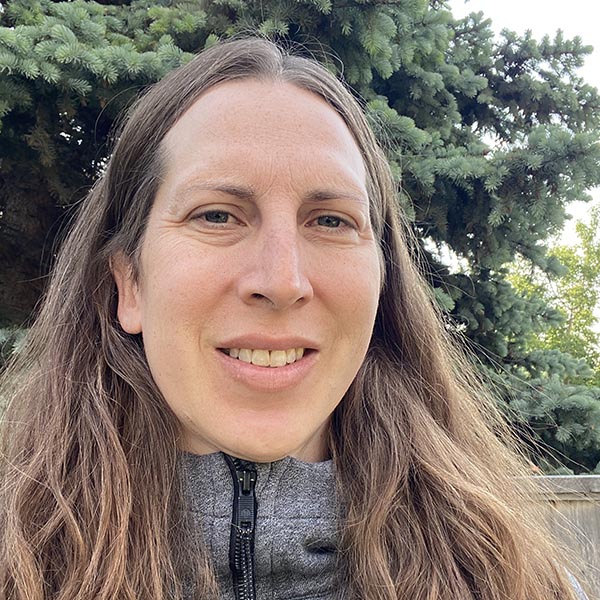
Sylvia Wallace Sessional Lecturer Award: Dr. Joel Ens (PhD), Soil Science, College of Agriculture and Bioresources
The Sylvia Wallace Sessional Lecturer Award, sponsored by The Gwenna Moss Centre for Teaching and Learning, annually recognizes the important and essential contribution of sessional lecturers to USask’s teaching community.
“For me, teaching is at its best when it’s unscripted whether that’s from student questions, field courses or preparing interviews for online courses. Student and teacher both get to have learning moments that stick when we’re able to stop and have a conversation. There is always something to be gained from sharing perspectives.”
Provost’s College Awards for Teaching Excellence
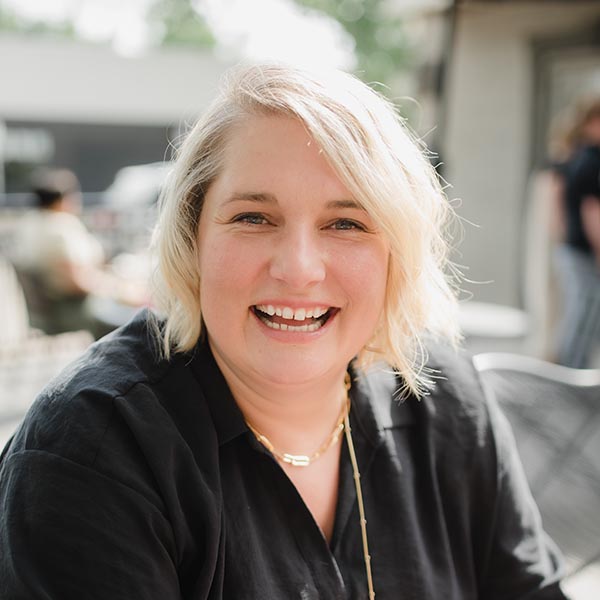
Dr. Rachel Loewen Walker (PhD), assistant professor and Women and Gender Studies Program chair, Women and Gender Studies and Political Studies, College of Arts and Science
“Throughout my life, I have approached teaching through a feminist pedagogy that sees the classroom as a site of possibility and liberation. It is our students, after all, who will shape the equitable and just societies of tomorrow. Our role as educators is to provide the space, the support, and the trust that they need to do exactly that.”
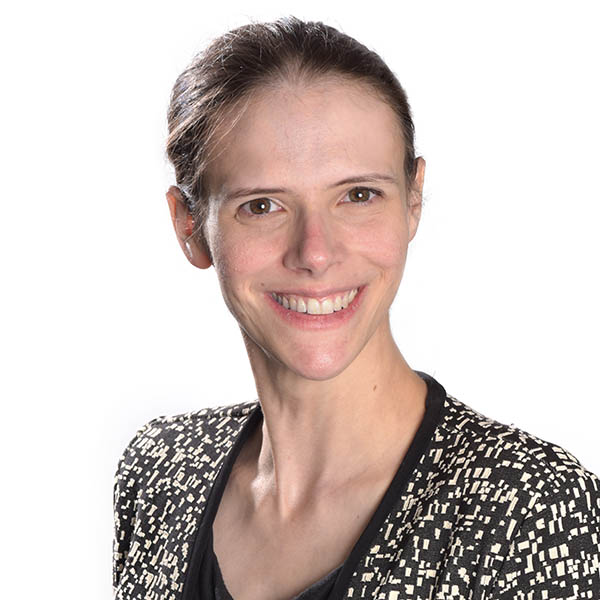
Dr. Carolyn Augusta (PhD), lecturer, Finance and Management Science, Edwards School of Business
“The “lightbulb moment” is such a deeply satisfying feeling. I love seeing that moment of realization, when conceptual threads finally weave together. Teaching statistics to students who do not plan to go on in the field is a dream come true, because these moments happen all the time. When students tell me they’re no longer afraid of math and stats, my heart sings.”
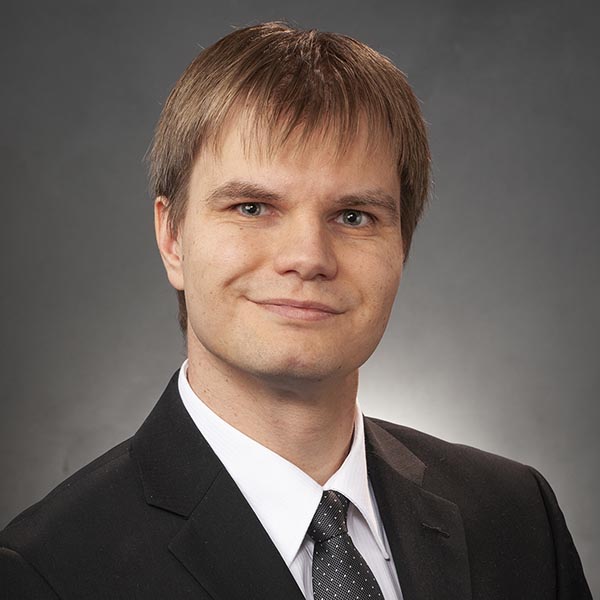
Dr. Brian Berscheid (PhD), associate professor and Barbhold chair, Electrical and Computer Engineering, College of Engineering
“I strive to provide engaging and practical learning opportunities in order to prepare students for their future careers in Electrical and Computer Engineering. My greatest satisfaction as an educator comes from seeing students grasp complex technical material and demonstrate an ability to apply it in a ‘real world’ situation.”
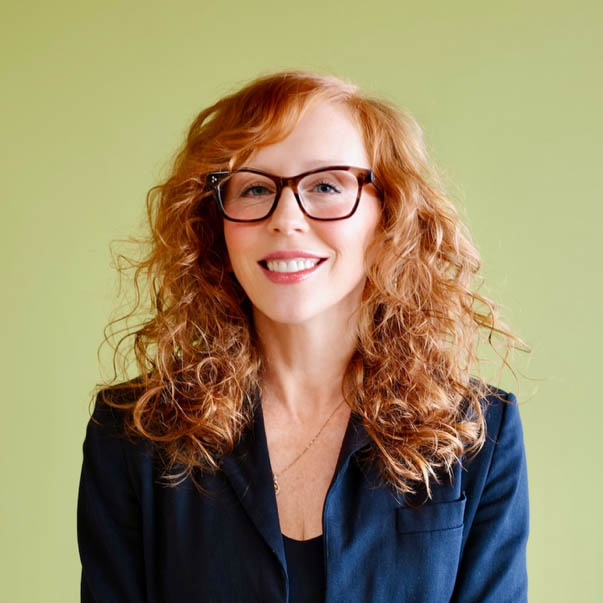
Dr. Paula MacDowell (PhD), assistant professor, Curriculum Studies, College of Education
“In every student who dreams up a game, designs a virtual world, or collaborates on an artificial intelligence (AI) toolkit, I see the future take shape. Teaching is the most hopeful and impactful work I know. It is my honour and privilege to walk alongside learners who care deeply about knowledge, community, and innovation that amplifies our shared humanity and elevates learning in the communities we serve.”
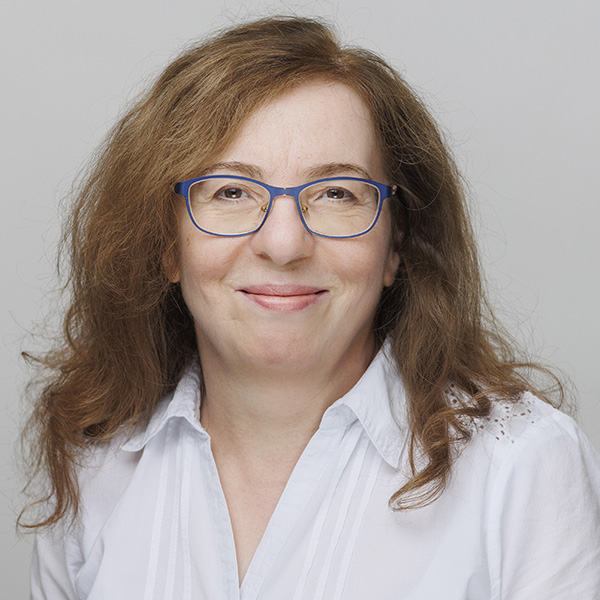
Dr. Julia Kassis (DDS), group practice leader, College of Dentistry
“I am honoured and privileged to be a part of a team who helps to shape a new generation of dentists at the University of Saskatchewan. My favorite quote is by Albert Einstein: ‘Education is not the learning of facts, but the training of the mind to think.’”
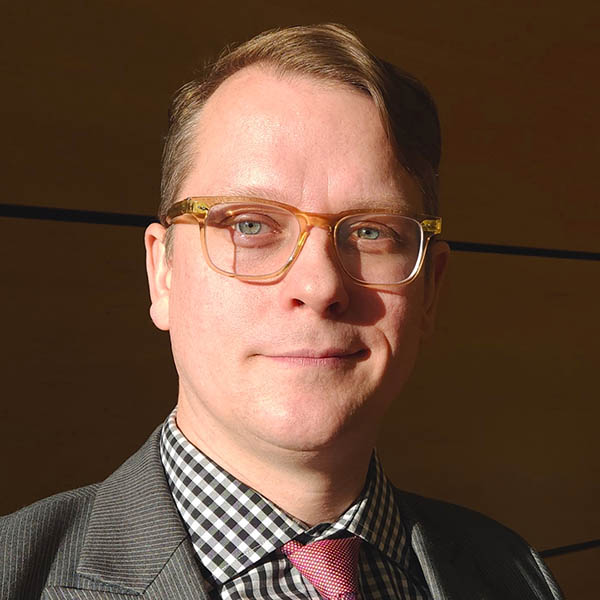
Benjamin Ralston, assistant professor, College of Law
“A love of teaching convinced me to pursue a faculty role. I encourage students to examine law from multiple perspectives, and they often challenge me to do the same. I’ve been fortunate to teach in diverse programs, including the Nunavut Law Program, the Kanawayihetaytan Askiy program, and the School of Environment and Sustainability. Particularly in these settings, dialogue with students reshaped my own views just as much as I hope it contributed to theirs.”
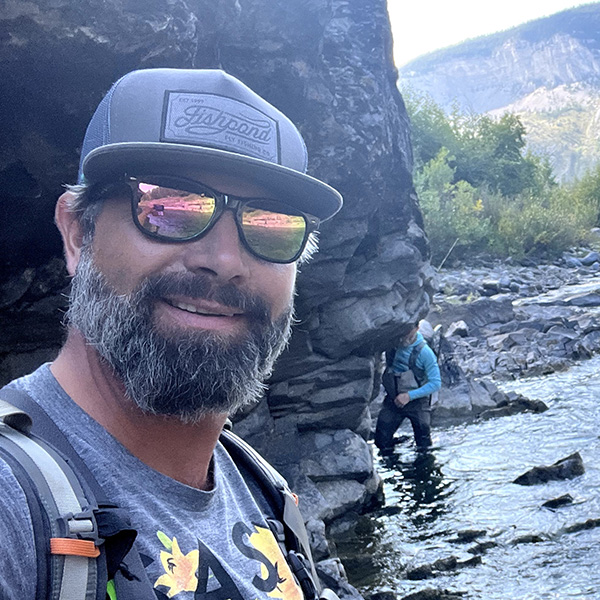
Dr. Lee Schaefer (PhD), associate professor, College of Kinesiology
“Some of my most powerful learning moments began outside the classroom, planting in the garden with my grandmother or fishing with my family. These experiences taught me that learning is rooted in relationships, reflection, and the land. In my teaching, I invite students to explore how their own stories and passions for movement and health can shape equitable, compassionate futures. Together, we learn not just content, but how to live, lead, and listen.”
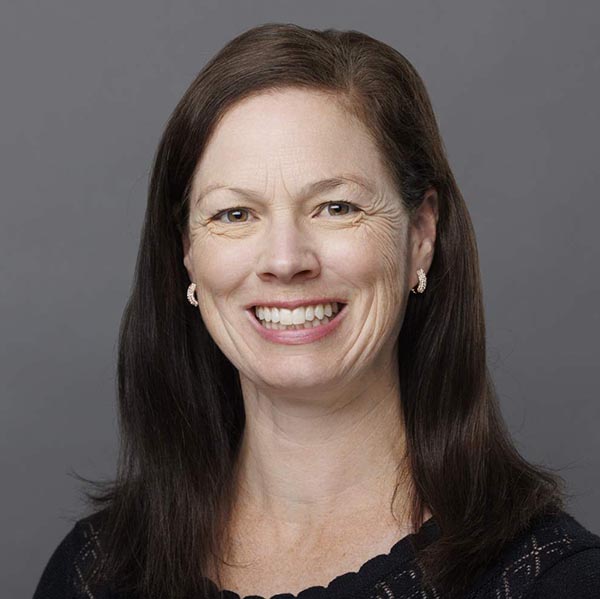
Dr. Jodie Bigalky (PhD), assistant professor, College of Nursing
“I view teaching as a dynamic, reciprocal relationship where both educator and learner grow together. I actively encourage students to share their unique perspectives, creating a diverse and collaborative learning environment. Over the years, I’ve learned as much from my students as they have from me. It’s truly rewarding to watch nursing students grow from uncertain novices to confident, compassionate professionals, ready to deliver safe, evidence-informed care and contribute meaningfully to the nursing profession.”
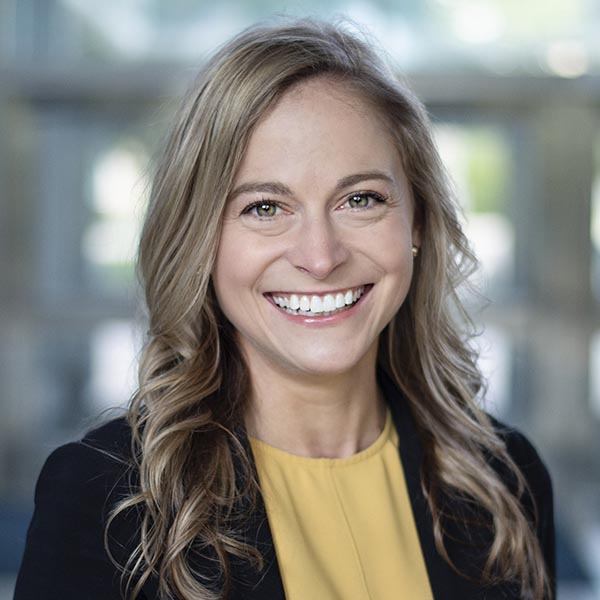
Erin Yakiwchuk, assistant professor, College of Pharmacy and Nutrition
“I am so honoured to receive this award. I have been very fortunate to work with many extraordinary teachers, colleagues and mentors over the course of my career so far, and their dedication and support has been invaluable to me. I have also been fortunate to work with many amazing students, and their passion, curiosity, and creativity inspire me to continue to challenge myself to be the best clinician and educator I can be. I consider it an honour and a privilege to have the opportunity to help shape the knowledge, skills, and values of future health-care providers and colleagues, and I strive to do my best each day to have a positive impact on the students I work with.”
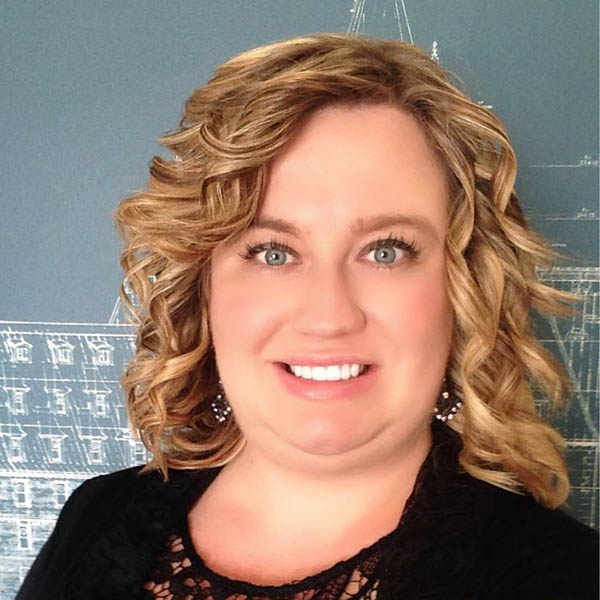
Dr. Jacqueline Kraushaar (MD), assistant professor and Regina Area Department Lead, Physical Medicine and Rehabilitation, College of Medicine
“One of the greatest skills that I can impart to my students is a love of learning and a desire to continually pursue opportunities to expand their knowledge. I believe that true learning happens when students are not just acquiring information but are actively seeking ways to further understand and question it. As a teacher, I aim to create a supportive, inclusive learning environment by encouraging learners to remain curious, embrace challenges, seek feedback, and recognize that learning is an ongoing process.”
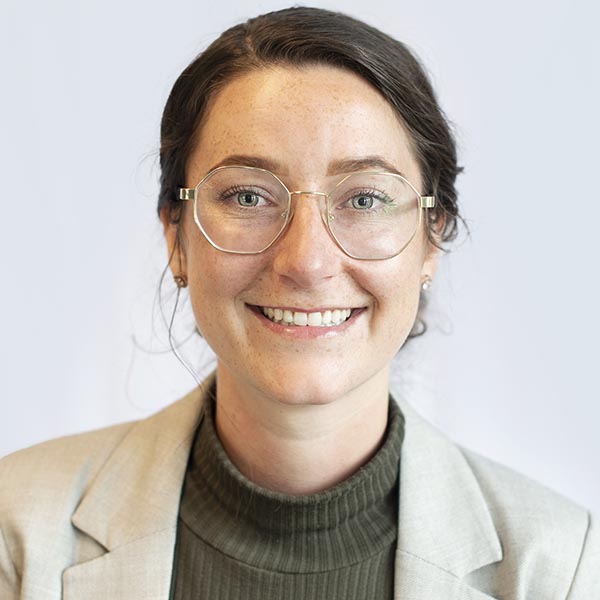
Danielle Spence, PhD student, School of Environment and Sustainability
“I often design learning activities that confront students with the complexities of sustainability and encourage creative thinking around solutions to these problems. Recently, a former student told me that for them, these activities were transformative, leading them to pursue a master’s degree in sustainability. Knowing my teaching made a positive impact on students is a highlight of my career and has reinforced how educating future sustainability changemakers contributes to deeper – not to mention, more fulfilling – impact.”
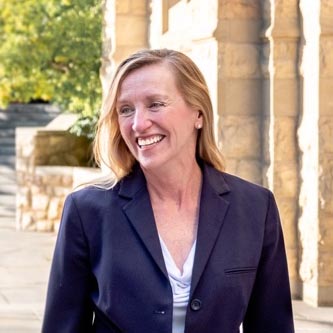
Dr. Claire Card (PhD, DVM), professor, Large Animal Clinical Sciences, Western College of Veterinary Medicine
“Learning can and should be creative, relevant and fun. I have an inclusive open-door policy in terms of learning and generally feel there is always space for one more learner in the room. It’s not just learning and mastering the knowledge and skills the profession demands of you, but learning about your role and the profession’s role in solving world problems. One person can make a difference, and everyone should try. I am a life-long learner and I work hard to stay current on my specialty area. I try to instill that same passion for learning, a culture of excellence, and a sense of enjoyment and fulfilment in veterinary medicine for all of my students whether they are undergraduate or graduate students.”

